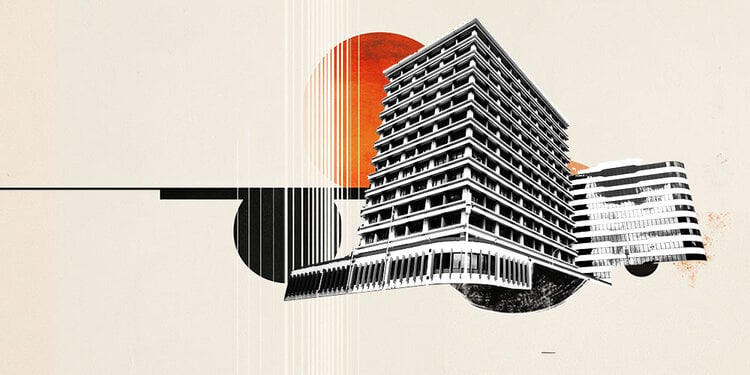Japanese Prime Minister Fumio Kishida said on Thursday that Japan would use nuclear reactors to reduce dependence on Russian energy.
Speaking in London, he said 150 trillion yen in investment would be raised over the next decade to meet energy needs and promised a roadmap to 2030, maximizing pro-economic growth carbon prices.
Japan has become more dependent on Russian gas since the shutdown of nuclear reactors following the 2011 Fukushima disaster, in which an earthquake and tsunami triggered a meltdown, devastating the northeast region.
But with elections in July and rising energy prices squeezing voters’ budgets, Kishida said nuclear would be part of the country’s future energy policy.
He said Japan would address the “vulnerability of our own energy self-sufficiency” by expanding energy purchase locations, promoting renewable energy and using nuclear to diversify its sources of generation.
“We will use nuclear reactors with safety guarantees to help reduce the world’s dependence on Russian energy,” Kishida told an audience in London’s financial district.
“Restarting just one existing nuclear reactor would have the same effect as supplying 1 million tonnes of new LNG (Liquefied Natural Gas) per year to the global market.”
More than a decade after the March 2011 earthquake and tsunami triggered the worst nuclear crisis since Chernobyl, nuclear power remains a difficult issue in Japan, where few of its 30 or so plants currently operate.
But a majority of the public and businesses want the government to restart nuclear reactors to address energy security, with the Ukraine crisis and higher energy costs having added impetus to that shift in opinion.
Kishida delivered investment messages in London: “Japan is a purchase”.
He said 150 trillion yen ($1.16 trillion) in investment would be raised over the next decade to meet its carbon neutrality targets by 2050 and reduce greenhouse gas emissions by 46% by 2030.
Source: CNN Brasil
I’m James Harper, a highly experienced and accomplished news writer for World Stock Market. I have been writing in the Politics section of the website for over five years, providing readers with up-to-date and insightful information about current events in politics. My work is widely read and respected by many industry professionals as well as laymen.







